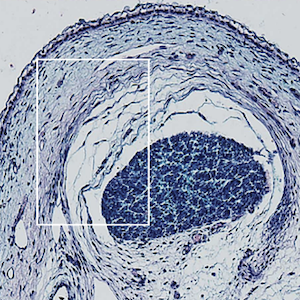Subclinical TRAPS treated with canakinumab

All claims expressed in this article are solely those of the authors and do not necessarily represent those of their affiliated organizations, or those of the publisher, the editors and the reviewers. Any product that may be evaluated in this article or claim that may be made by its manufacturer is not guaranteed or endorsed by the publisher.
Authors
Tumor necrosis factor receptor–associated periodic syndrome (TRAPS) is a rare autoinflammatory disease characterized by recurrent episodes of fever and systemic inflammation. We describe the case of a 19-year-old patient who was referred to our attention with frequent subclinical TRAPS episodes characterized by mild arthralgias and crampy abdominal pain, without fever. Inflammatory markers, including serum amyloid A which increases the risk of long-term amyloidosis, were persistently high also when the patient was in good general conditions. Therapy with human anti-interleukin 1β monoclonal antibody, canakinumab, led to disease control and normalization of the inflammatory markers, which are currently still normal. This clinical case supports the need to treat also subclinical TRAPS. In this respect, canakinumab is effective and reduces the risk of developing amyloidosis.
PAGEPress has chosen to apply the Creative Commons Attribution NonCommercial 4.0 International License (CC BY-NC 4.0) to all manuscripts to be published.










